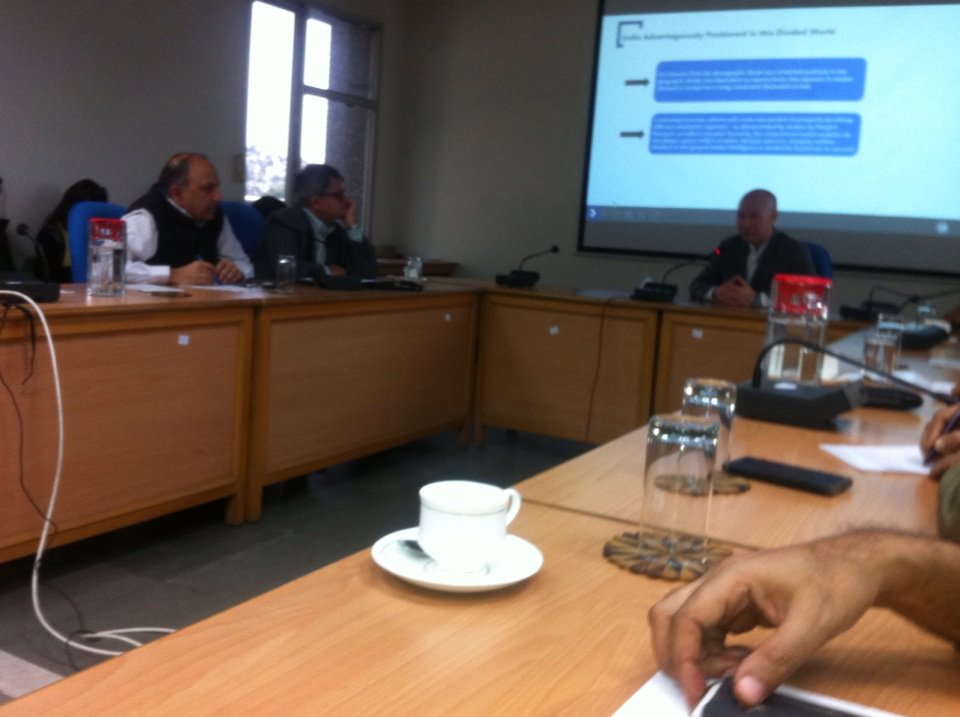Yuwa Hedrick Wong is currently Chief Economist and Chair of the Academic Advisory Council at MasterCard Center for Inclusive Growth, and Global Economic Advisor, MasterCard Worldwide. Prior to his global role, he was Economic Advisor to MasterCard in Asia/Pacific, Middle East, and Africa from 2001 to 2009. In performing these roles, Yuwa has focused on understanding the challenges of economic development and evaluating business opportunities in emerging markets worldwide in the context of international trade and globalization.
In addition to Mastercard, Yuwa has served as economic advisors to over 30 leading global companies in the past two decades. Yuwa studied philosophy, political science, history and economics at Trent University, and pursued post-graduate studies at the University of British Columbia and Simon Fraser University in Canada, where he received his Ph.D.

The political shocks in 2016 are the lagged effects of the economic shocks of the preceding decade. Consequently global economic outlook today is deeply affected by political uncertainty. The pushback against globalization is likely to stay for the foreseeable future, which will continue to challenge the status quo in global trade, capital flow and economic integration. At a deeper structural level, however, there are two emerging fissures that will further fragment the world as we know it in terms of a demographic and a geographic divide.
In this divided world political uncertainty will deepen. The demographic divide will pit the young against the elderly in the high income developed countries, aggravated by high and rising government debts, generous social welfare commitments that are increasingly difficult to meet, and stagnant economic growth.
This demographic divide will make rational macroeconomic policy making ever more difficult in the high income developed countries.
The geographic divide, on the other hand, separates emerging Asia from the rest of the world, which is expected to be the best performing region in the global economy in the foreseeable future. Against this background, India is very advantageously positioned – it is immune from the demographic divide while positively connected to emerging Asia. Therefore, the external environment for India is actually very positive in spite of generally difficult and uncertain global economic conditions.